About Union of Pan Asian Communities – El Cajon
The senior support program, EMASS, offers services such as health education, individual and group counseling, life skills training, early intervention for mental health challenges, and more. Approaches may include cognitive behavioral therapy (CBT), dialectical behavioral therapy (DBT), and other evidence based therapies. Staff may also provide referrals to alcohol or drug rehab treatment or behavioral health services as needed.
The EMASS office in El Cajon offers additional outreach and engagement services for their clients as well, including referrals to social services, help navigating the healthcare and welfare systems, and opportunities to socialize and build relationships.
If there are fees for EMASS services or participants are referred to other programs, insurance plans may be accepted as payment. Insurance plans commonly accepted include Humana, Blue Cross Blue Shield, Medi Cal, Aetna, Cigna, United Healthcare, and more. Because insurance plans vary, be sure to contact the insurer to verify coverage and out of network benefits.
Rehab Score
Accepted Insurance
Other Forms of Payment
Self-pay involves paying for treatment out of your own pocket. You can use savings or credit, get a personal loan, or receive help from family and friends to fund your treatment. If you don't have insurance or your insurance plan doesn't cover a specific program, self-pay can help ensure you still get the care you need.
Sliding scale payments are based on a client's income and family size. The goal is to make treatment affordable to everyone. By taking these factors into account, addiction recovery care providers help ensure that your treatment does not become a financial burden to you or your family, eliminating one barrier to care.
Medicaid is a state based program that helps lower-income individuals and families pay for healthcare. Medicaid covers addiction treatment so those enrolled can use their coverage to pay for rehab. When a program accepts Medicaid the client often pays very little or nothing out of their own pocket.
Private insurance refers to any kind of healthcare coverage that isn't from the state or federal government. This includes individual and family plans offered by an employer or purchased from the Insurance Marketplace. Every plan will have different requirements and out of pocket costs so be sure to get the full details before you start treatment.
Addiction Treatments
Levels of Care
Outpatient Programs (OP) are for those seeking mental rehab or drug rehab, but who also stay at home every night. The main difference between outpatient treatment (OP) and intensive outpatient treatment (IOP) lies in the amount of hours the patient spends at the facility. Most of the time an outpatient program is designed for someone who has completed an inpatient stay and is looking to continue their growth in recovery. Outpatient is not meant to be the starting point, it is commonly referred to as aftercare.
Treatments
Mental health rehabs focus on helping individuals recover from mental illnesses like bipolar disorder, clinical depression, anxiety disorders, schizophrenia, and more. Mental health professionals at these facilities are trained to understand and treat mental health issues, both in individual and group settings.
Programs
Adult rehab programs include therapies tailored to each client's specific needs, goals, and recovery progress. They are tailored to the specific challenges adult clients may face, including family and work pressures and commitments. From inpatient and residential treatment to various levels of outpatient services, there are many options available. Some facilities also help adults work through co-occurring conditions, like anxiety, that can accompany addiction.
Clinical Services
Creativity is inherently healing, and can help those in recovery express thoughts or feelings they might not otherwise be able to. Creative arts therapy can include music, poetry/writing, painting, sculpting, dance, theater, sandplay, and more. Unlike traditional art, the final product matters far less than the experience of creation and expression itself.
Group therapy is any therapeutic work that happens in a group (not one-on-one). There are a number of different group therapy modalities, including support groups, experiential therapy, psycho-education, and more. Group therapy involves treatment as well as processing interaction between group members.
In individual therapy, a patient meets one-on-one with a trained psychologist or counselor. Therapy is a pivotal part of effective substance abuse treatment, as it often covers root causes of addiction, including challenges faced by the patient in their social, family, and work/school life.
Nutrition therapy, aka medical nutrition therapy (MNT), is a way of treating physical, emotional, and medical conditions through diet. Specific dietary plans are designed by professional nutritionists or registered dietitians, and patients follow them in order to positively affect their physical and mental health.
Recreational therapy (aka therapeutic recreation) uses creative and fun activities to help with addiction recovery. Recreational therapists lead patients in entertaining and engaging activities like sports or games; art (drawing, painting, sculpture); drama, music, and dance; and/or community outings (field trips) to improve patients' physical, social, and emotional well-being.
Amenities
-
Private Transportation
Staff
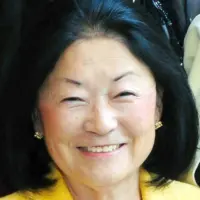
Margaret Iwanaga Penrose
President & Chief Executive Officer
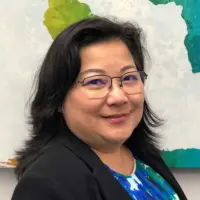
Annette Phan Delcamp
Chief Financial Officer
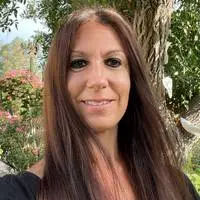
Lisa Bertelle, LMFT
Director of Mental Health Services
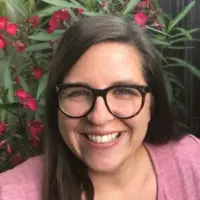
Courtney Boatman, LMFT
Director of Addiction Treatment and Recovery Services
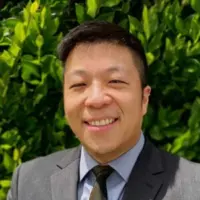
Josh Zhang, LMFT
Director of Mental Health Services
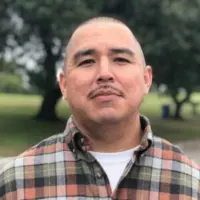
Sergio Gonzalez
Director of Community Engagement and Business Development
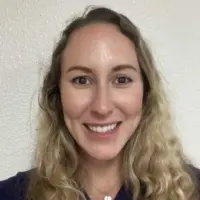
Jessica Martin, MS, LMFT
Assistant Director Addiction Programs
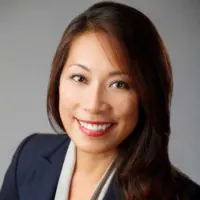
Daisy S. Hom
Assurance Partner
Contact Information
343 E Main St
El Cajon, CA 92020



